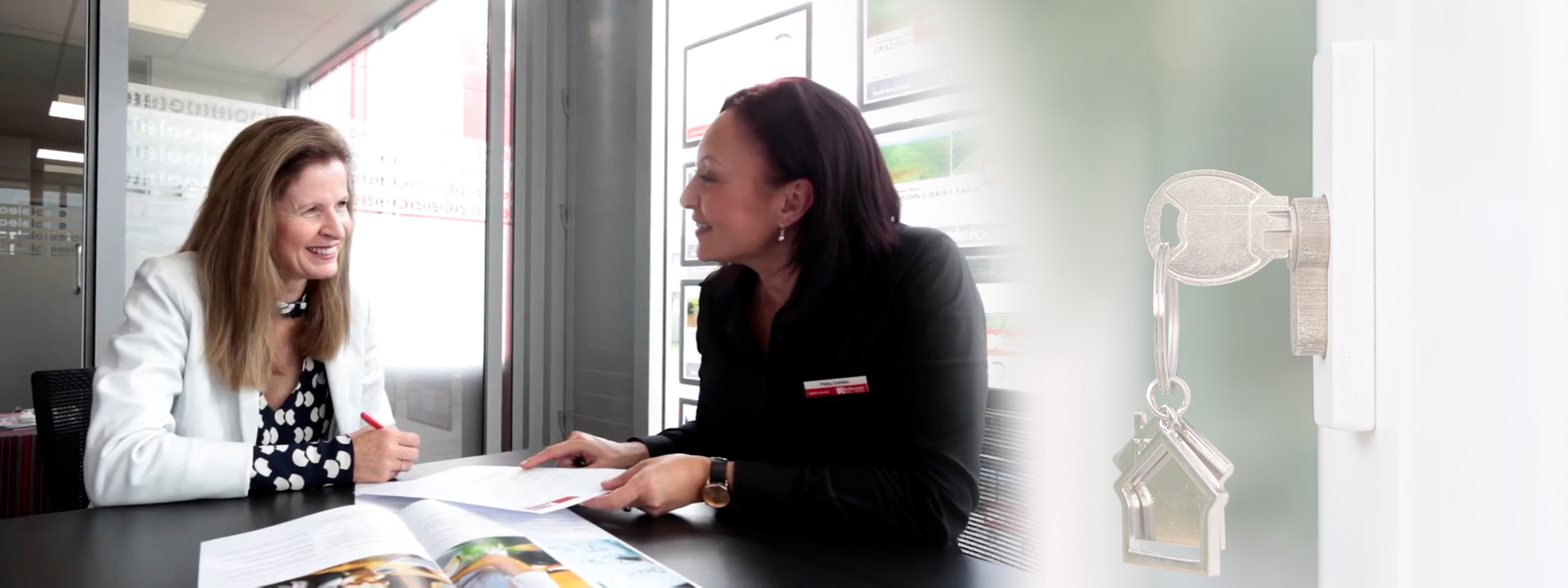How to prepare your home for tenants
Getting your property ready for tenants can be an overwhelming process. With the majority of rental accommodation in New Zealand provided by private landlords, it's safe to say most landlords are not experts, however many have years of experience. If you're new to the game, how can you compete with the more established properties?
The way your rental property looks and feels can dictate the amount you can charge, and the tenants you attract. Having your rental in a clean and well-maintained condition from the beginning should set the standard for how you expect your tenants to leave it.
There are many essential things to tick off, as well as tricks that can be used to make the progress of going from an owner to a landlord easier and more profitable in the long run.
Get the right insurance
Landlord insurance differs from regular house insurance. Landlord insurance gives more coverage than a standard home and contents policy. Insurance coverage varies from different providers/policies. Generally, standard landlord insurance cover includes:
- Loss of rent
- Furnishings
- Theft
- Fire
- Explosion
- Natural disasters
- Malicious/intentional damage by tenants
- Legal liability and reparation
- Emergency repairs
- Locks and keys
- Methamphetamine contamination
It’s important to be sure exactly what your policy covers and what the insurance companies requirements are before making a claim.
Know your responsibilities
There are many laws and responsibilities that landlords have to uphold. Landlords are expected to present tenants with a safe and healthy home. Rental properties are required through The Residential Tenancies Act 1986 to provide homes that are in a reasonable state of repair.
“What’s considered ‘reasonable’ depends on the age and character of the property and how long it’s likely to remain habitable and available to be lived in.” - Tenancy Services
The Residential Tenancies Act also supports that landlords should follow elements of the building laws, as well as health and safety laws with their rental properties. Meaning all landlords should have basic knowledge of the:
- Building Act 2004 and the Building Code
- Health Act 1956
- Housing Improvement Regulations and bylaws made under the Local Government Act 2002 (set by individual local councils)
Getting a grasp on these laws can be a heavy load. However, you can seek professional help. Property managers are familiar with and use these laws daily. Working alongside a property manager can help reduce the information landlords are required to learn and know.

Other regulations that may affect your rental are covered in the Healthy Home Act which sets the standard for heating, insulation, ventilation, draught-stopping, drainage and the control of moisture in rental properties. By July 1st 2019 all rental properties are required by law to be insulated.
Have the right paperwork
At the start of a tenancy landlords need to supply tenants with the following:
- pre-tenancy application form ›
- tenancy agreement form ›
- bond lodgement form ›
- insulation statement ›
Gather your team
Creating a contact list of tradespeople and contractors ahead of time can help save time and stress in the future. Take time to research a list of tradespeople (plumbers, electricians, handymen etc) local to your rental property. Be sure to check their qualification and testimonials or ask to talk to other landlord customers they work with for references, as you will want someone reliable should you need to call on them.
It is also important to keep up to date with new laws and trends. Networking with others in local property investors associations, reading the news, subscribing to the Tenancy Services newsletters, downloading our free guide to owning a rental property can all help keep you updated and in the rental property loop.
Present your property at it's best
Presenting a tidy and clean property can increase peoples interest and respect for your property, as well as increase the rentable value. Doing the following before showing people through your rental can set the standards for your tenants to maintain:
Inside:
- clean windows and sills
- clean curtains/blinds (check they are mould free)
- shampoo carpets
- clean the walls
- rinse and empty any rubbish or recycling bins
- clean any filters, extractor fans, heat pumps
Outside:
- trim and declutter the gardens
- clean the guttering
- checking fence lines and gates
- pressure wash the decks or walkways to ensure they aren't slippery
Its also recommended to do any pest control such as bug bombs or spraying regularly, as it is better to stay on top of pest control rather than wait for a problem to occur. Remember tenants are more likely to look after the property that is given to them in good condition!
Make sure all fixtures are in working order
It is easier to replace or repair potential problems before your tenants move in. Look for any chipped paint, jammed locks, broken or chipped tiles, leaking taps, and make sure all light bulbs are working. Replace broken light and electrical fittings, rotten floorboards and tighten loose handles.
For older properties ensure that windows open and close correctly. Maintaining your property may also include painting the walls every 4-7 years. It is generally better to use neutral colouring's to allow your tenants to fill their own spaces and create a clean and open feel.
Thinking about the Chattels included in the rental
What chattels are you including, if any at all? If your home has difficult sizing, supplying chattels could add value and make your home more appealing to renters. Items such as dishwashers may be worth supplying.
When preparing your home to rent, it is important to explain your expectations from the start whether it's to your tenants or property manager. The better you present your property the more likely you are to attract better tenants. It’s important to know the expectations of landlords, tenants' rights, and home laws. While becoming a landlord may seem an overwhelming amount of effort, working alongside a specialist like a property manager can help take that load off. Request a free rental appraisal today.







